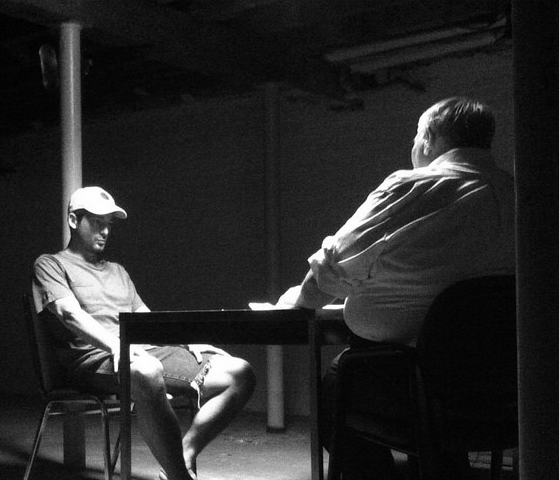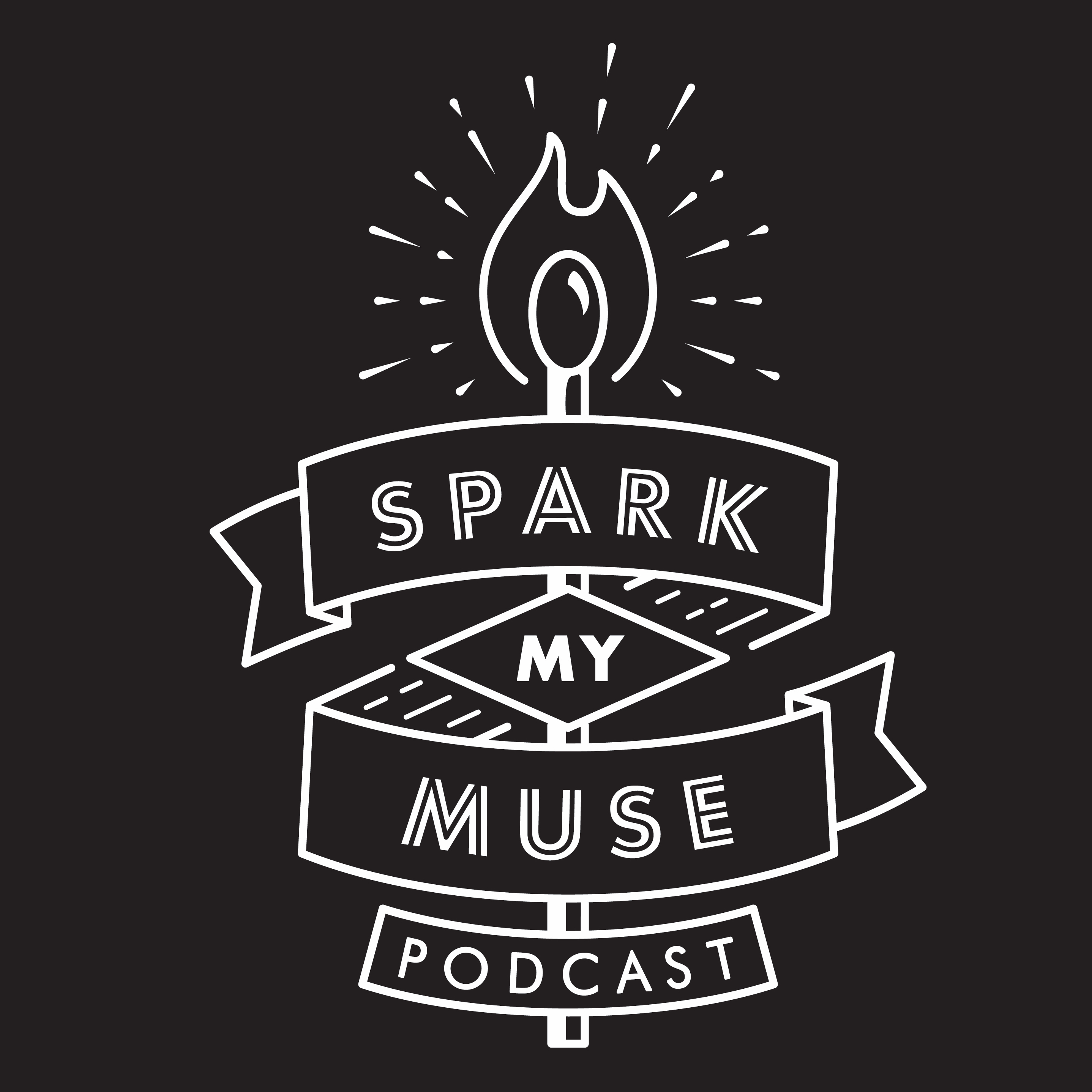Welcome to Spark My Muse.
Today my guest is
Dr Stephen Porter who is the Founding Director of the Centre for the Advancement of Psychological Science & Law at the University of British Columbia and he is a Registered Forensic Psychologist.
I know you will really enjoy this episode.
You’ve been a big help.
Leave a ONE-TIME gift HERE. Thank you.
Podcast: Play in new window | Download (Duration: 36:45 — 50.5MB) | Embed
Subscribe to Spark My Muse Email | RSS
SHOWNOTES
(Scroll down to find links, highlights, and details from the show)
MIN 1
Dr Porter started his career among the prison population in the field of forensic psychology.
His two main topics of research in the last 15 years: The nature and fallibility of memory (false memories) and deception detection.
He wanted do study memory empirically and he set up the Centre.
MIN 3:30
Why would somebody ever confess to a crime they haven’t done?
1,000 years of judicial systems have held the assumption that a confession of guilt is to be believed unless the person is deranged or they have been tortured.
In the last 30 years we now know this to be very false.
MIN 5:00
Studying people who believe they have actually committed a crime (and have a false memory of the crime) when they haven’t down any such thing.
Elizabeth Loftus – Implanted Memory studies (click for info)
Lost in the shopping mall studies (25% could be convinced of and falsely remember this frightening childhood event that never happened to them).
Julia Shaw (click for info)
70% of study participants were implanted with memories. They were convinced and falsely remembered committing a serious crime when they were teenagers in just 3 interviews for an hour each.
MIN 8:00
Events we remember are slightly or majorly different from the last time we recalled it.
A true memory is recalled almost exactly the same way in the brain as a false memory.
The systemic issue in the criminal justice system arises when a lot of time has elapsed and also when interrogators can and are allowed to ask [questions] in very inappropriate ways that really mess with a person’s memories.
MIN 12
The implanting of memories studies.
The 1990s “repressed memory era”
MIN 14
The role of emotion, negative events, and authority figures in implanted memories.
MIN 19
In 25% of wrongful convictions the accused confessed to the crime.
In 63% of wrongful murder convictions, the accused confessed to the crime.
MIN 23:30
The 3 major types of false confessions.
MIN 28
The details within the false memories are analogous to real memories.
MIN 30: Psychopathic people who implant memories and destroy reality for their victims.
MIN 34:30
The surprising ways the experts detect deception –
What to look for in a liar. (It is not what you’ve heard.)
To access this bonus material GO HERE – support Spark My Muse.
• Visit Dr Porter’s website HERE
Did you enjoy the episode?
Try another!
Please leave a review on iTunes and pick a subscribe option.




